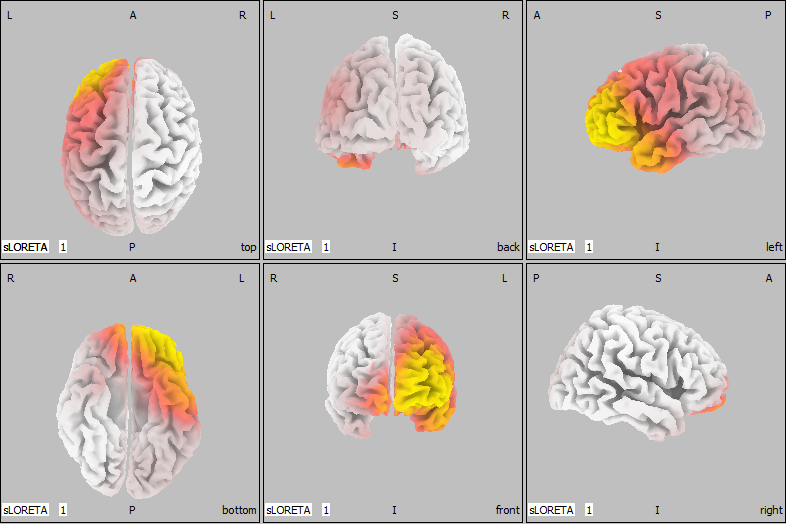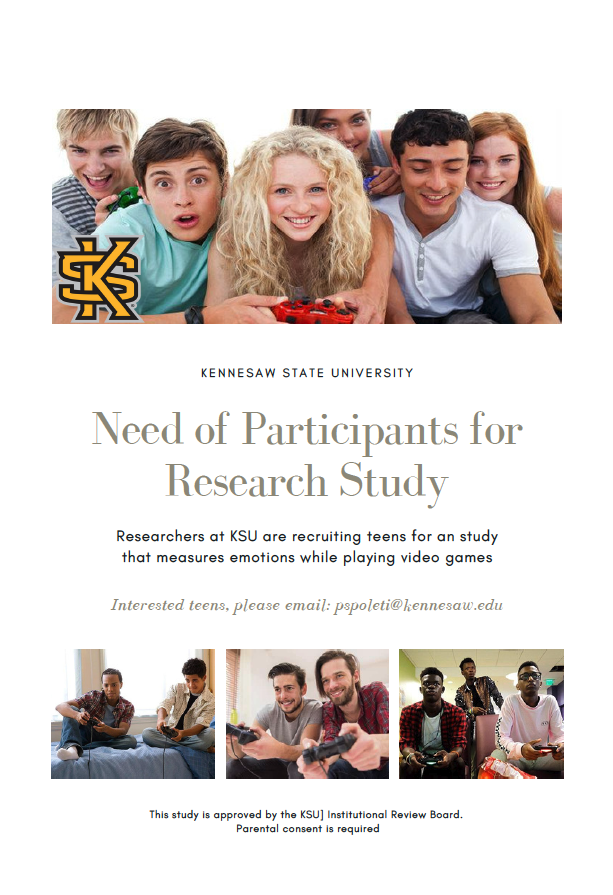Our research group combines computer science and psychology to study emotions and their relationship with daily life activities. This interdisciplinary group explores how our emotions impact our behaviors and interactions with the world around us, with a focus on developing new methods for measuring and understanding emotions in real-time. They use brain-computer interface (BCI) technology to capture and analyze emotional responses to daily activities, providing insights into the emotional experiences of individuals in various contexts. By better understanding the relationship between emotions, activities of daily life, and BCI technology, this group is helping to develop new tools for assessing and improving emotional well-being.
The following projects are currently under development:
Investigating the Impact of Emotions on the Quality of Novice Programmers’ Code
This study examines the impact of emotions on the quality of code for novice programmers while developing in an experimental setting using Python. A relaxation mechanism was additionally used to explore the possible effect on emotion and programmer performance. A non-invasive brain-computer interface was used to record EEG signals from the brain to assess activations in the left and right prefrontal cortex often related to emotions. The code quality was obtained based on the Code-based Deep Knowledge Tracing method. Preliminary results show that positive emotions may contribute to novice programmers generating lower-quality code. The extension of this study may help solidify this relationship while reinforcing the corollary of how negative emotions contribute to code quality and recommendations for how to situate programmers in these varying mental states.

Relationship between Positive and Negative Emotions and Video Games.
The objectives/aims of this project are to develop and implement an effective emotion detection
system that can accurately and non-invasively measure the emotional responses of teenagers
playing video games. The specific aims are:
- To identify the emotional states (positive/negative) most commonly experienced by teenagers
during video game play. - To use an emotion detection system that can accurately measure emotional responses in
real-time using EEG signals. - To investigate the relationship between emotional experiences during video game play and
mental health outcomes such as anxiety, depression, and stress. - To explore the potential of using the emotion detection system to monitor and improve mental
health outcomes in teenagers who play video games regularly.

